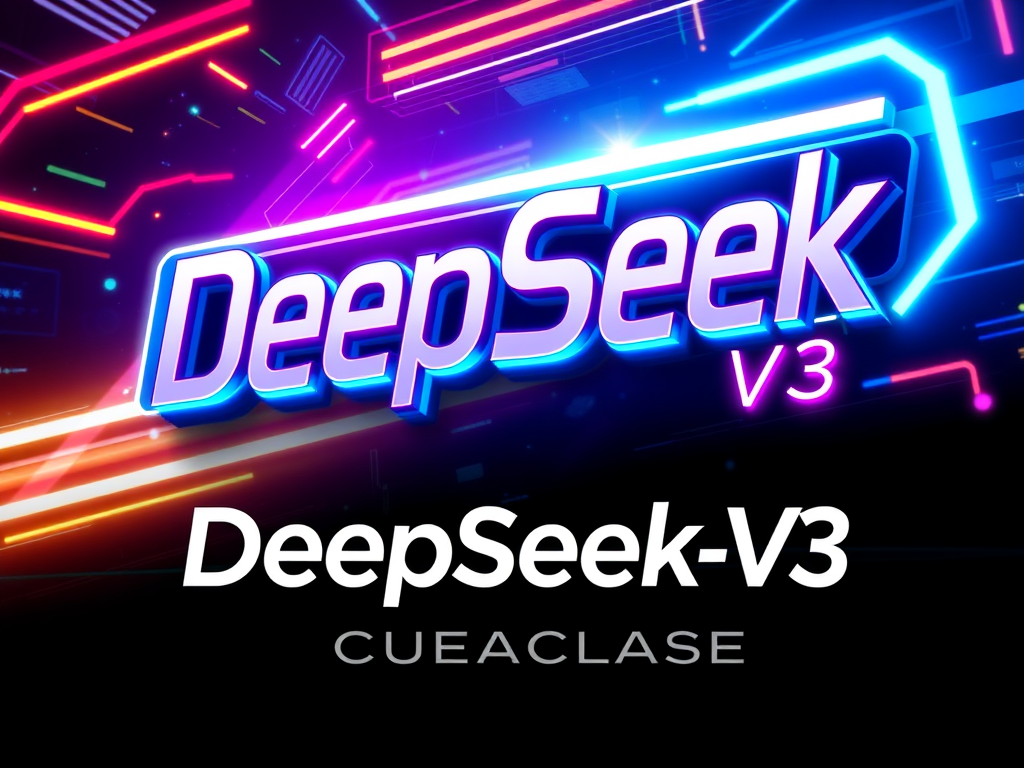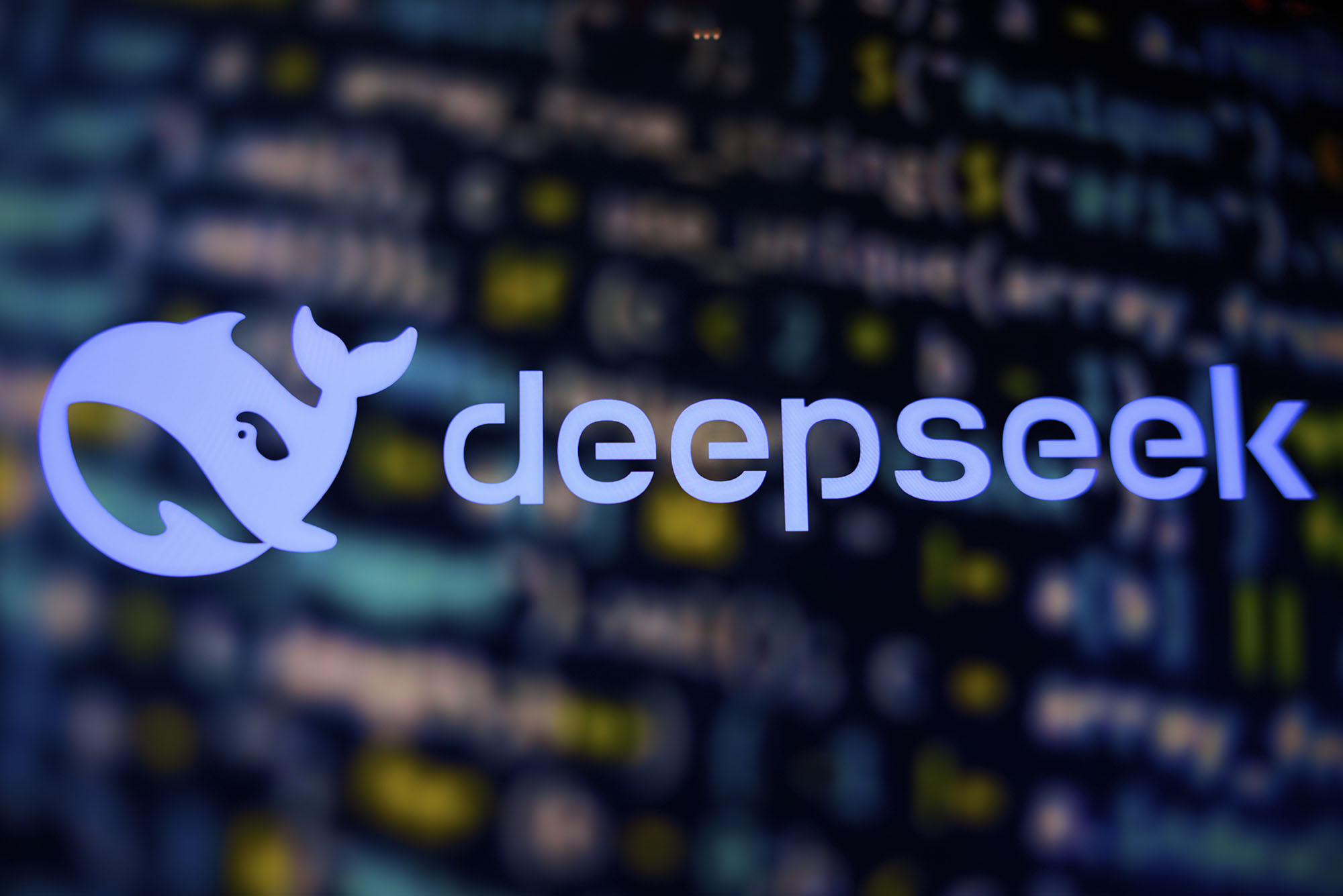
Xrea
Add a review FollowOverview
-
Founded Date December 27, 1985
-
Sectors Security Guard
-
Posted Jobs 0
-
Viewed 59
Company Description
DeepSeek’s Popular aI App is Explicitly Sending United States Data To China
The United States’ current regulatory action against the Chinese-owned social video platform TikTok triggered mass migration to another Chinese app, the social platform “Rednote.” Now, a generative synthetic intelligence platform from the Chinese designer DeepSeek is blowing up in popularity, posing a potential danger to US AI supremacy and using the latest proof that moratoriums like the TikTok ban will not stop Americans from utilizing Chinese-owned digital services.
DeepSeek, an AI research laboratory produced by a prominent Chinese hedge fund, just recently got appeal after releasing its most current open source generative AI design that easily competes with top US platforms like those developed by OpenAI. However, to assist prevent US sanctions on hardware and software, DeepSeek developed some clever workarounds when building its models. On Monday, DeepSeek’s developers restricted new sign-ups after declaring the app had been overrun with a “massive destructive attack.”
While DeepSeek has a number of AI models, some of which can be downloaded and run locally on your laptop, the majority of individuals will likely access the service through its iOS or Android apps or its web chat interface. Like with other generative AI models, you can ask it questions and get the answer; it can browse the web; or it can alternatively use a reasoning model to elaborate on responses.
DeepSeek, which does not appear to have actually developed a communications department or press contact yet, did not return an ask for comment from WIRED about its user information securities and the degree to which it focuses on information privacy initiatives.

As people demand to test out the AI platform, though, the demand brings into focus how the Chinese start-up gathers user information and sends it home. Users have already reported numerous examples of DeepSeek censoring content that is crucial of China or its policies. The AI setup appears to collect a great deal of information-including all your chat messages-and send it back to China. In many ways, it’s most likely sending more data back to China than TikTok has in current years, considering that the social media company moved to US cloud hosting to try to deflect US security concerns
“It shouldn’t take a panic over Chinese AI to remind people that many companies in business set the terms for how they use your private data” states John Scott-Railton, a senior researcher at the University of Toronto’s Citizen Lab. “And that when you use their services, you’re doing work for them, not the other way around.”
What DeepSeek Collects About You
To be clear, DeepSeek is sending your data to China. The English-language DeepSeek personal privacy policy, which lays out how the company deals with user information, is indisputable: “We store the info we gather in protected servers located in individuals’s Republic of China.”

In other words, all the discussions and questions you send to DeepSeek, along with the responses that it produces, are being sent to China or can be. DeepSeek’s personal privacy policies also detail the information it gathers about you, which falls under 3 sweeping categories: details that you share with DeepSeek, details that it automatically gathers, and details that it can receive from other sources.

The very first of these areas consists of “user input,” a broad category likely to cover your chats with DeepSeek via its app or website. “We may collect your text or audio input, timely, uploaded files, feedback, chat history, or other content that you supply to our design and Services,” the personal privacy policy states. Within DeepSeek’s settings, it is possible to erase your chat history. On mobile, go to the left-hand navigation bar, tap your account name at the bottom of the menu to open settings, and after that click “Delete all chats.”
This collection resembles that of other generative AI platforms that take in user triggers to address questions. OpenAI’s ChatGPT, for example, has been slammed for its data collection although the business has increased the methods data can be deleted over time. Despite these kinds of defenses, personal privacy advocates emphasize that you need to not divulge any sensitive or personal information to AI chat bots.
“I would not input individual or private data in any such an AI assistant,” says Lukasz Olejnik, independent researcher and expert, connected with King’s College London Institute for AI. Olejnik notes, though, that if you install models like DeepSeek’s locally and run them on your computer, you can interact with them privately without your data going to the business that made them. Additionally, AI search company Perplexity states it has actually included DeepSeek to its platforms but claims it is hosting the design in US and EU data centers.
Other individual information that goes to DeepSeek includes information that you use to establish your account, including your e-mail address, contact number, date of birth, username, and more. Likewise, if you contact the company, you’ll be sharing info with it.

Bart Willemsen, a VP expert concentrating on international privacy at Gartner, states that, generally, the building and construction and operations of generative AI models is not transparent to customers and other groups. People do not know exactly how they work or the specific data they have actually been developed upon. For people, DeepSeek is largely totally free, although it has costs for designers utilizing its APIs. “So what do we pay with? What do we usually pay with: data, understanding, content, info,” Willemsen says.
Just like all digital platforms-from sites to apps-there can also be a large amount of data that is collected immediately and calmly when you use the services. DeepSeek says it will gather info about what device you are utilizing, your os, IP address, and details such as crash reports. It can likewise tape-record your “keystroke patterns or rhythms,” a type of data more widely collected in software developed for character-based languages. Additionally, if you acquire DeepSeek’s premium services, the platform will gather that info. It also utilizes cookies and other tracking innovation to “measure and evaluate how you utilize our services.”
A WIRED review of the DeepSeek website’s underlying activity reveals the business also appears to send out data to Baidu Tongji, Chinese tech giant Baidu’s popular web analytics tool, as well as Volces, a Chinese cloud facilities firm. In a social media post, Sean O’Brien, founder of Yale Law School’s Privacy Lab, said that DeepSeek is also sending out “basic” network information and “gadget profile” to TikTok owner ByteDance “and its intermediaries.
The final classification of info DeepSeek reserves the right to gather is information from other sources. If you develop a DeepSeek account using Google or Apple sign-on, for example, it will receive some information from those business. Advertisers also share information with DeepSeek, its policies say, and this can consist of “mobile identifiers for advertising, hashed email addresses and telephone number, and cookie identifiers, which we utilize to help match you and your actions outside of the service.”
How DeepSeek Uses Information
Huge volumes of data may stream to China from DeepSeek’s global user base, however the business still has power over how it utilizes the info. DeepSeek’s personal privacy policy says the business will use information in many typical methods, consisting of keeping its service running, imposing its conditions, and making improvements.
Crucially, however, the business’s personal privacy policy recommends that it might harness user prompts in developing brand-new models. The business will “examine, enhance, and establish the service, consisting of by keeping track of interactions and usage across your devices, evaluating how people are utilizing it, and by training and improving our technology,” its policies state.

DeepSeek’s personal privacy policy also says the business will also utilize information to “comply with [its] legal obligations”-a blanket clause numerous business include in their policies. DeepSeek’s personal privacy policy states data can be accessed by its “corporate group,” and it will share information with law enforcement agencies, public authorities, and more when it is needed to do so.
While all business have legal commitments, those based in China do have notable obligations. Over the previous years, Chinese authorities have passed a series of cybersecurity and privacy laws implied to enable state officials to demand data from tech companies. One 2017 law, for instance, states that organizations and people should “work together with national intelligence efforts.”
These laws, together with growing trade stress in between the US and China and other geopolitical factors, sustained security worries about TikTok. The app could harvest huge amounts of information and send it back to China, those in favor of the TikTok ban argued, and the app might likewise be utilized to push Chinese propaganda. (TikTok has actually denied sending out US user data to China’s federal government.) Meanwhile, numerous DeepSeek users have actually currently pointed out that the platform does not offer answers for questions about the 1989 Tiananmen Square massacre, and it responds to some concerns in ways that seem like propaganda.
Willemsen says that, compared to users on a social media platform like TikTok, people messaging with a generative AI system are more actively engaged and the material can feel more individual. In other words, any impact could be bigger. “Risks of subliminal content modification, discussion instructions steering, in active engagement ought by that reasoning to result in more concern, not less,” he says, “specifically provided how the inner workings of the model are widely unknown, its limits, borders, controls, censorship rules, and intent/personae mostly left unscrutinized, and it being currently so popular in its infancy phase.”
Olejnik, of King’s College London, states that while the TikTok ban was a specific scenario, US law makers or those in other countries could act once again on a comparable property. “We can’t rule out that 2025 will bring a growth: versus AI firms,” Olejnik says. “Obviously, information collection might once again be called as the reason.”

Updated 5:27 pm EST, January 27, 2025: Added additional information about the DeepSeek site’s activity.
Updated 10:05 am EST, January 29, 2025: Added additional details about DeepSeek’s network activity.
In your inbox: WIRED’s most enthusiastic, future-defining stories
Hey, maybe it’s time to delete some old chat histories
Big Story: The incredible burnout of a solar panel salesperson
Temu’s takeover is now total
The Money Money Money problem: Rich males rule the world